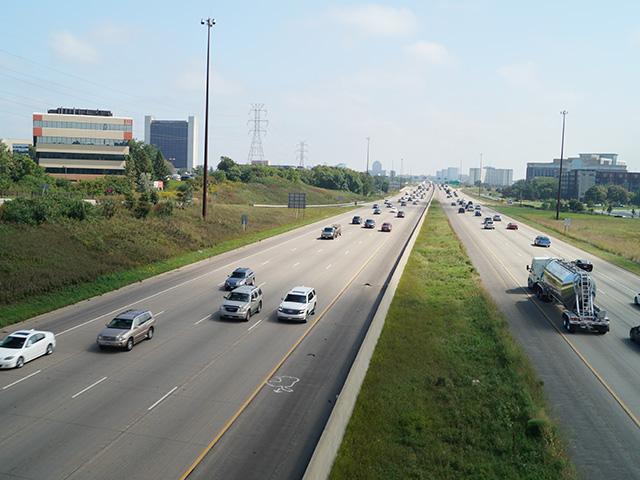Minnesota EV Mandate Lawsuit on Hold
Federal Judge Stays Minnesota Lawsuit Challenging State's EV Mandate
LINCOLN, Neb. (DTN) -- A federal judge in Minnesota has stayed an ongoing lawsuit to prevent the state from adopting California's electric-vehicle mandate as a similar case continues in a federal appeals court.
California regulators drew a lot of attention when the California Air Resources Board approved a rule to require 100% of new light- and medium-duty vehicles sold in the state to be zero-emission vehicles by 2035.
In 2021, Minnesota adopted California's emissions standards to force automakers to make more zero-emission electric vehicles available to dealers beginning with model year 2025.
The Minnesota lawsuit by ag, biofuel and convenience store groups alleges the scheme violates the Constitution's equal sovereignty doctrine because it grants California a "greater degree" of sovereignty and capacity for self-government than all other states.
The U.S. District Court for the District of Minnesota granted a state motion to dismiss or stay the case.
"First, the federal emissions standards that are comparably stringent to the ones Minnesota adopted, which the plaintiffs do not challenge in this case, will result in similar harms to the plaintiffs in Minnesota," U.S. District Judge Katherine Menendez wrote in an order.
"Second, the reality of the lead time of the auto manufacturing industry means that a temporary stay from this court is unlikely to result in any incremental injury to plaintiffs because they admitted in their complaint that as of March 2023, 'automakers either already have finalized or will imminently finalize, their production and sales plans for their model year 2025 vehicles.' Thus, staying this case pending a decision from the D.C. Circuit in Ohio v. EPA will have little, if any, impact on injuries traceable to model year 2025 vehicles, which are the first set of vehicles that will be affected when Minnesota's rules to take effect in January 2024."
P[L1] D[0x0] M[300x250] OOP[F] ADUNIT[] T[]
The lawsuit was filed by the Minnesota Soybean Growers Association, the Clean Fuels Development Coalition, ethanol plant developer ICM Inc., the National Association of Convenience Stores, and the Minnesota Service Station and Convenience Store Association.
The plaintiffs have a vested interest in maintaining the availability of internal combustion engines that use gasoline blended with ethanol and other biofuels.
A lawsuit filed by the state of Ohio against the EPA is pending in the U.S. Court of Appeals for the District of Columbia Circuit.
The Minnesota Pollution Control Agency issued new rules governing carbon-dioxide emissions. The rules require automakers to increase fuel economy in their fleets. The rules also mandate a sales quota on zero-emissions vehicles.
On March 9, 2022, EPA Administrator Michael Regan announced the agency rescinded a Trump administration action turning down California's request to implement zero-emissions standards.
Last year, 17 states, agriculture and fuel interests sued the EPA, alleging the agency's March 2022 decision to reinstate California's legal authority to implement zero-emissions vehicle sales mandate and greenhouse gas emissions standards as a backdoor way to move the entire country away from gasoline-powered vehicles.
That case is pending in the U.S. Court of Appeals for the District of Columbia Circuit.
In addition, the Minnesota Automobile Dealers Association lost an appeal challenging the rule in the state appeals court. The association has since appealed to the Minnesota Supreme Court.
Since March 2022, 17 states and the District of Columbia have adopted California's greenhouse gas emissions standards and zero-emissions vehicle mandate.
In 2005, California sought a waiver from the EPA to establish its own emissions standards for greenhouse gases. EPA denied that request in 2008, arguing the Clean Air Act does not authorize California to tackle national and international emissions problems.
The agency changed course under a new administration, granting California the waiver in 2013. The EPA again withdrew the waiver in 2019.
Read more on DTN:
"Ag, States Challenge EPA Action on EVs," https://www.dtnpf.com/…
Todd Neeley can be reached at todd.neeley@dtn.com
Follow him on X, formerly known as Twitter, @DTNeeley
(c) Copyright 2023 DTN, LLC. All rights reserved.




